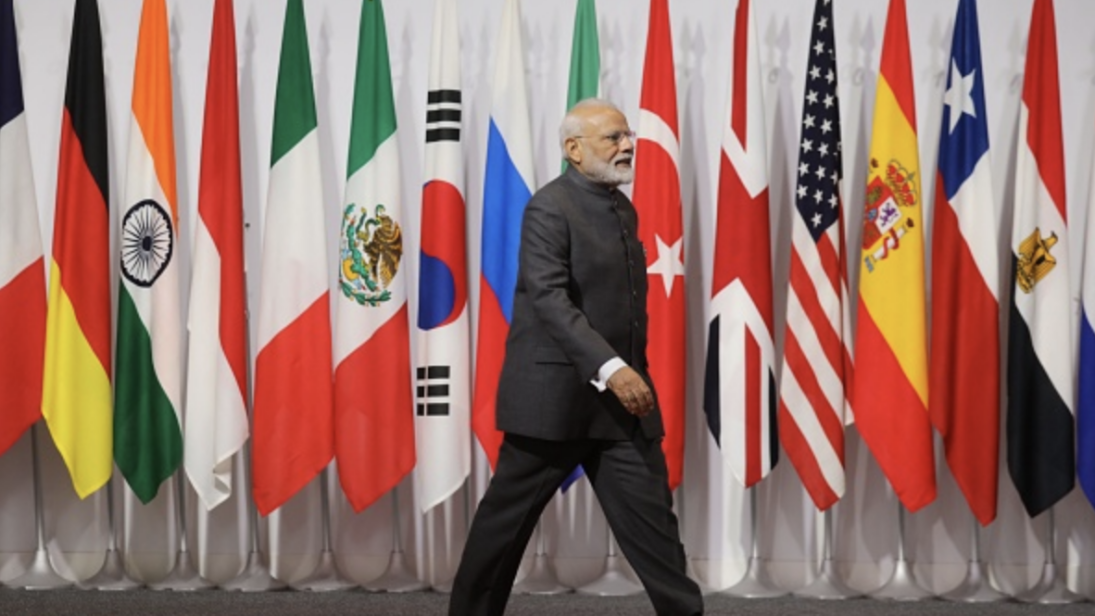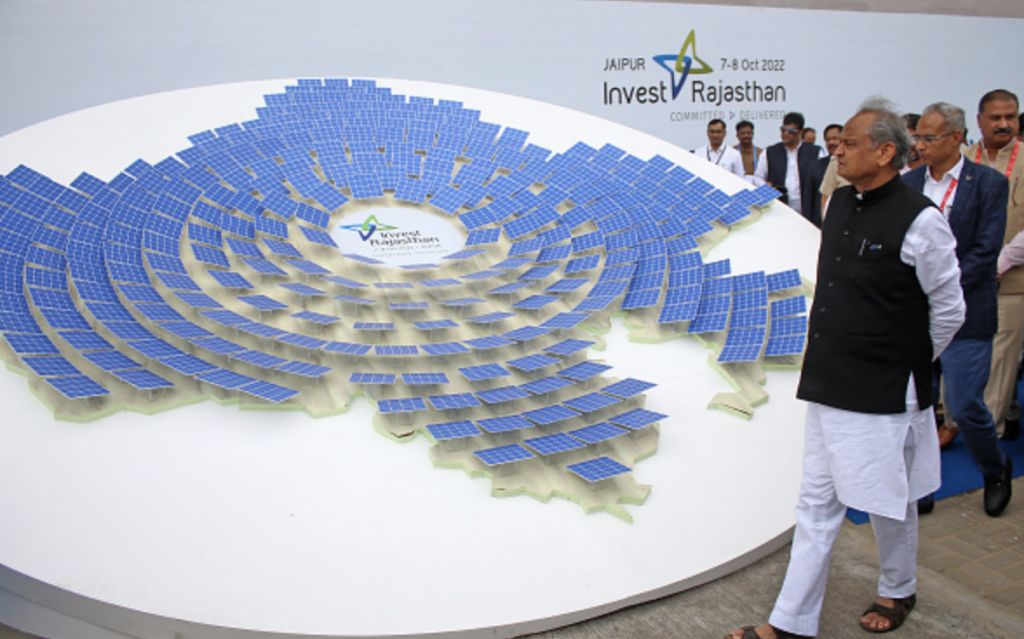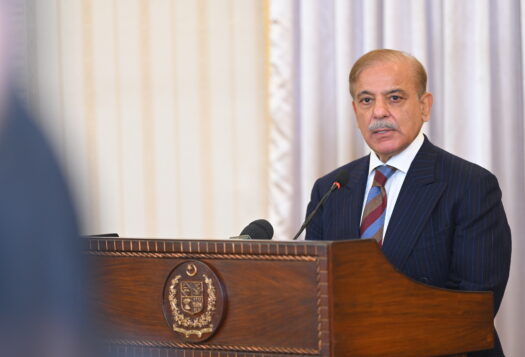
India will soon begin its one-year-long tenure as head of the Group of Twenty (G20) group, lasting between December 2022 and November 2023. Under its new role, India announced that it will host the leaders’ summit in New Delhi and hold sub-events in other cities across the nation.
The G20 is the premier forum for international economic cooperation, known as the “economic steering committee of the world.” G20 members represent the world’s major advanced and developing economies, convening a necessary forum to deliberate on global economic issues and financial crises, including climate change, food and agriculture security, global health, and sustainable development. In particular, climate finance remains a major issue of contention within the G20.
Proponents of climate finance call for countries with more resources to redistribute their financial resources to more climate-vulnerable countries. They further emphasize that developed countries should support the transition toward clean energy in developing nations as part of climate action. However, this is only possible when developed nations support climate financing to buttress large-scale investment in renewable energy technologies in these nations.
India is the only G20 nation achieving its climate mitigation commitments in the Paris Accords without external support.
India has yet to declare its target areas for the upcoming G20 summit. However, as a member of the G20 Troika, New Delhi’s core commitments will likely align with Indonesia’s G20 presidency initiatives, including health architecture, sustainable energy transition, and digital transformation. In addition, New Delhi should vocalize its support for climate finance and energy transition at the summit. According to the 2020 Climate Transparency Report, India is the only G20 nation achieving its climate mitigation commitments in the Paris Accords without external support. India’s presidency will provide a platform to highlight the challenges faced by developing nations and underscore the financial support needed to tackle climate change mitigation efforts.
Developing Economies Are Most Susceptible to Climate Change
At the 2009 Copenhagen climate talks, developed nations pledged to provide $100 billion annually until 2020 for climate change mitigation tactics in countries disproportionately suffering from climate change; they have failed to do so thus far. Rising sea levels, more powerful storm systems, and record-high temperatures in developing countries will have cascading effects on the overall global economic output. For example, climate change can precipitate an 18 percent decline in global GDP by 2050 if global temperatures rise by 3.2°C. Clean energy projects and green infrastructure will need nearly $4 trillion by 2030 to limit global warming to 1.5°C.
Increasing carbon emissions in the atmosphere and more frequent catastrophic natural disasters have encouraged advanced economies to expedite their energy transition process. Nevertheless, transitioning from a fossil fuel-based economy to a renewable energy-based economy is a time-consuming and costly process. Therefore, monetary assistance has emerged as the most important catalyst for a global energy transition. India has repeatedly raised the issue of climate finance, acknowledging that developing nations are limited in their capabilities to implement wide-reaching climate mitigation programs.
India’s Role in Climate Mitigation
On the domestic front, India has intensified its climate action under the updated Nationally Determined Contribution (NDC) to achieve and strengthen the global response against climate change. Under its new NDC targets, India is committed to decreasing the carbon intensity of each unit of GDP by 45 percent by 2030 and plans to utilize non-fossil fuel resources to produce 50 percent of its power by the end of this decade. India has been increasingly taking advantage of its vast renewable energy reserves. The South Asian country has the world’s fourth-largest renewable energy capacity, heavily supported by solar and wind energy. Presently, renewable energy resources fulfill 37 percent of India’s total power capacity. Over the last decade, India has augmented its overall renewable energy capacity to 110 GW.

India’s climate actions are achieving its NDCs by relying on primarily domestic resources. Nevertheless, wind and solar power remain unpredictable and less reliable compared to traditional fossil fuel-generated power. India is the third biggest emitter of carbon dioxide and one of the largest users of fossil fuels globally. Despite strides by the Indian government to prioritize renewable energy usage, its rapidly developing economy and increasing population will impede its ability to transition quickly, prolonging its dependence on fossil fuels. India will require over $1 trillion in financial assistance over the next decade from developed countries to transition from coal-based energy production to renewable energy sources. India must highlight the shortcomings of limited assistance when targeting global climate commitments in the summit, using its new position at the G20 to leverage this climate financial assistance for developing nations.
Conclusion
Advanced economies like the United States, Japan, Canada, and the European Union account for 12 percent of the global population but are responsible for 50 percent of all greenhouse gases over the last century. Yet, the effects of climate change are more visible in poorer countries than in richer ones. As the global economy fulcrum shifts from west to east, climate crises – like heatwaves, rising sea levels, and unnatural floods – will become major disruptors for emerging economies. The slightest increase in global temperature will impact economic output across South Asia, precipitating severe economic turmoil in the coming years. Climate change will inequitably impact developing economies and cause cascading economic and humanitarian crises.
India must highlight the shortcomings of limited assistance when targeting global climate commitments in the summit, using its new position at the G20 to leverage this climate financial assistance for developing nations.
India must underscore that countries can only make the transition to cleaner energy sources when technical assistance and financial support are available. India has successfully improved its renewable energy usage and can use its experience to act as a bridge between the G20 and developing nations. However, developed and developing nations both need to implement large-scale structural reforms to streamline the process. Developing nations should emphasize regulating and reorganizing the power sector, whereas developed nations must share the responsibility of financing the change. As a responsible actor in the international system, it is India’s inherent responsibility to defend climate finance initiatives for emerging and developing nations during its tenure as G20 president.
***
Image 1: Ludovic Marin/AFP via Getty Images


